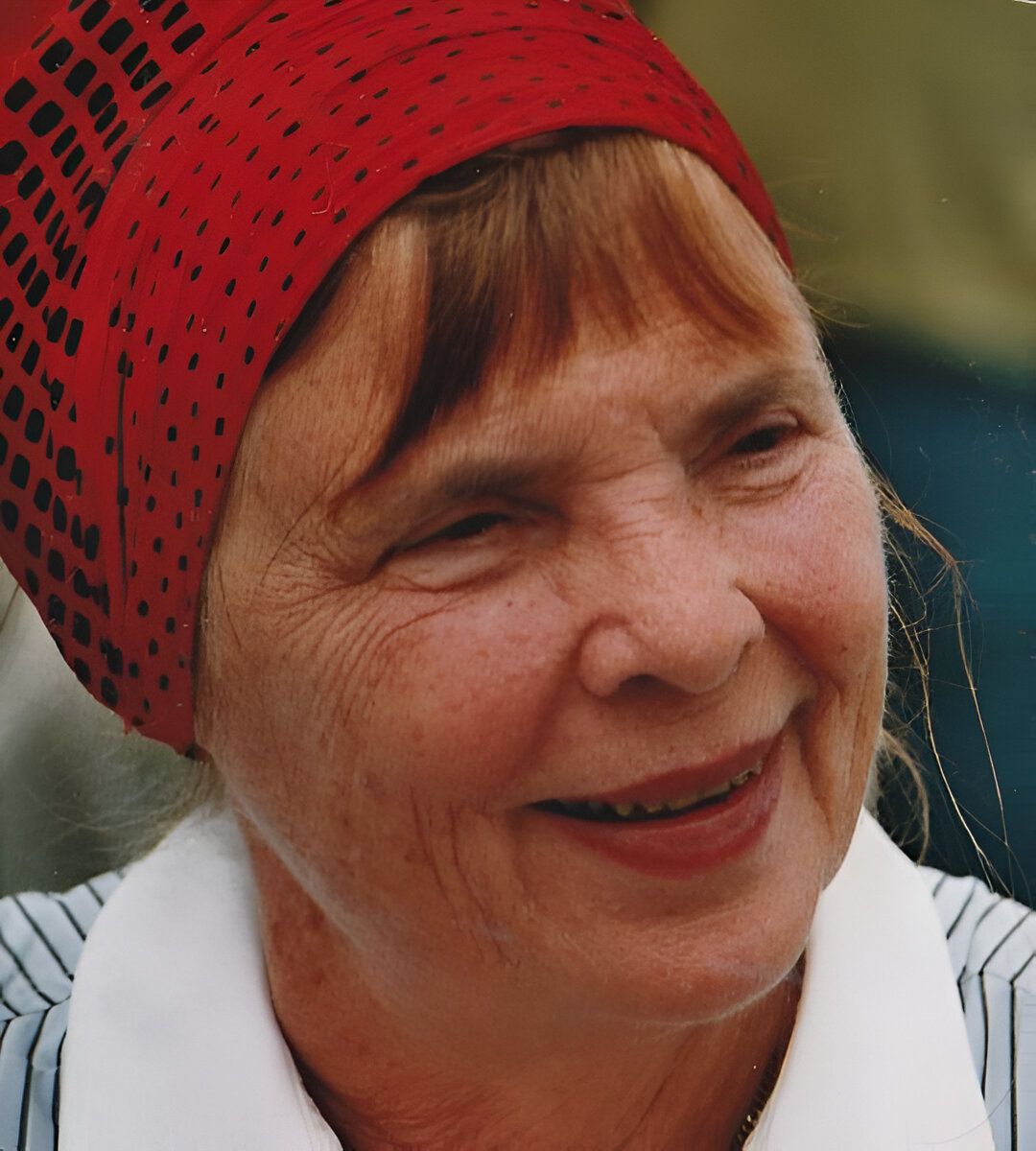
(photo courtesy of Werner Maleczek/Wikipedia)
The Department of History and Anthropology mourns the recent passing of distinguished medieval historian, deeply valued colleague, and cherished friend and mentor, Dr. Uta-Renate Blumenthal, who died on 2 August 2025.
Uta was born in Berlin. She and her three sisters found refuge in England, later returning to war-torn Germany, and eventually moving to New York when their father worked there with Deutsche Bank after the Second World War. After completing her B.A. (1969) and Ph.D. (1973) degrees at Columbia University, she taught at Vanderbilt University before joining the faculty of The Catholic University of America’s Department of History in 1979, gaining promotion to the rank of Ordinary Professor in 1988. She served as Director of Catholic University’s Center for Medieval and Byzantine Studies (1979-1997) and its Center for Early Christian Studies (1981-1984). She retired in 2007.
Uta was an internationally recognized scholar of the papacy, canon law, and church and political history during the central Middle Ages. Perhaps her best-known books are The Investiture Controversy: Church and Monarchy from the Ninth to the Twelfth Century (University of Pennsylvania Press, 1991) – a translation from the original, Der Investiturstreit (Kohlhammer, 1982), subsequently appearing also as La lotta per le investiture (Liguori, 1992) – Gregor VII.: Pabst zwischen Canossa und Kirchenreform (Wissenschaftliche Buchgesellschaft, 2001), and The Early Councils of Pope Paschal II, 1100-1110 (Pontifical Institute of Mediaeval Studies, 1978). Her many awards and distinctions include her appointments as President of the American Catholic Historical Association (1997) and Chair of the Board of Directors of the Stephan-Kuttner-Institute of Medieval Canon Law (1996), as well as a visiting fellowship at All Souls College, Oxford (1987) and a visiting professorship at the University of Heidelberg (1988), and grants from the American Council of Learned Societies, the National Endowment for the Humanities, and the American Philosophical Society.
Nelson Minnich, Professor of History and Church History, and Uta’s close neighbor for many years in Hyattsville, MD, reflects: “Uta was a much-beloved and highly regarded scholar with an international reputation. After living through World War II in Germany and accompanying her father to New York, she trained in ballet. Realizing that her height would prevent her from ever having a leading role, she shifted to academics, but never lost her love of dancing. She found delight in international folk dancing, which she enjoyed while living in the Washington area. As a student at Columbia, she studied under Paul Oskar Kristeller and Robert Somerville. Her book on the Investiture Controversy became a staple in courses on the medieval period. Her book on Paschal II placed him in the forefront of church reform, and that on Gregory VII revolutionized our understanding of the sources of his reform ideas. She was productive to the end, publishing this year a chapter in the Cambridge History of the Papacy. She was a gracious hostess, inviting faculty, students, and visiting colleagues to her home in Hyattsville for elegant dinners and lively conversations. In retirement she moved to Vermont. She will be much missed.”
Katherine Jansen, Research Professor of History, notes: “Uta was an internationally renowned scholar of the central Middle Ages. Her scholarly work on the Gregorian reform period was a contribution to the history of the medieval papacy, deeply respected by her peers. Her contributions to The Catholic University of America were also profound. Most notably, for nearly 20 years she directed the program in Medieval and Byzantine Studies. In 1988, under her leadership, the Ph.D. degree program was added, transforming it into one of the jewels in the crown at Catholic University. We, her colleagues, are grateful to Uta for helping to establish and cultivate medieval studies at this university.
Árpád von Klimó, Chair of the Department of History and Anthropology, adds “On behalf of all the faculty of the Department of History and Anthropology, and of all the colleagues and students who knew Uta, we will dearly miss her.”
